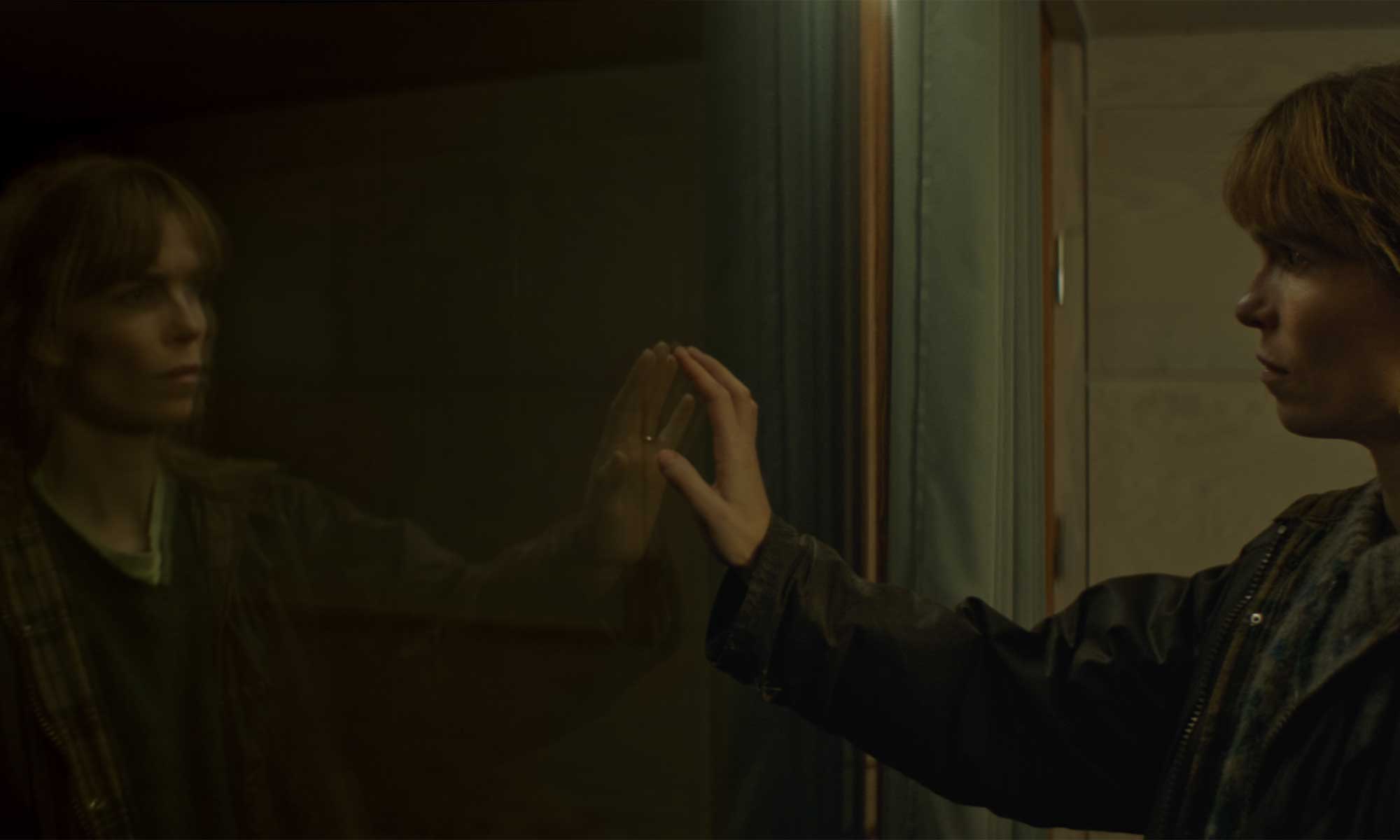Who would we be if even the smallest of our decisions could be slightly altered? This is one of the core questions asked in the new thought-provoking Danish film, Superposition, directed by Karoline Lyngbye. Set against the backdrop of the scenic Swedish countryside, this slow-burning tale delves into the lives of Teit (Mikkel Følsgaard) and Stine (Marie Bach Hansen), a married couple whose seemingly idyllic retreat transforms into something more troubling. As their isolated existence unfolds, the film examines how even the smallest actions can shape one's true nature.
Discussing Superposition without spoilers is challenging, as the film hinges on a mind-bending experience that carefully subverts audience expectations. At its core, the story revolves around a small family's decision to abandon their bustling lives in Copenhagen and immerse themselves in complete isolation for an entire year. In order to fill their time, they commit themselves to creative writing and starting a podcast in order to document their endeavor. As time goes on, cracks in their marriage and the pressures of parenthood gradually emerge. To make matters worse, they discover an unexpected presence across the lake, and strange occurrences intensify tensions, leading to problems that seem too perplexing to endure.
Superposition is not necessarily a high-tension home invasion film, and it is important for viewers to approach it with this understanding. This can be frustrating because this film often seems like it wants to explore some of the avenues that come along with home invasion horror. Patience is key, as the film invites audiences to explore its intricate layers without conventional horror tropes, while still teasing them. While a slightly shorter, more balanced pace would enhance the overall experience, the film's ideas and intriguing questions have been lingering in my brain since my initial viewing. I think Superposition aims to challenge our initial perceptions of what frightens us in isolation and invites us to contemplate the profound implications of our choices when we are the only ones around to blame.
Superposition also exists in a realm of duality, which, in many ways, is quite clever. While it may frustrate some viewers due to its deliberate pacing and runtime, the film's slow-building tension evolves from a typical horror concept into an interesting exploration of human behavior. It defies genre expectations, shifting gears from a potential thriller to a philosophical journey that immerses audiences in its challenging themes. However, even the film itself is not satisfied in simply abandoning its horror roots, even after a lot of the ambiguity is gone. Honestly, it is hard to say whether this hurts the film or not, but either way it does make it feel somewhat indecisive.
This film certainly challenges itself and its audience by embracing the complexity of existence and personal relationships. Karoline Lyngbye's visual direction, coupled with compelling performances, creates an atmosphere that invites audiences to consider their sense of self. Ultimately, I think audiences will be overall split on Superposition but maybe that is just part of its overall clever design.



